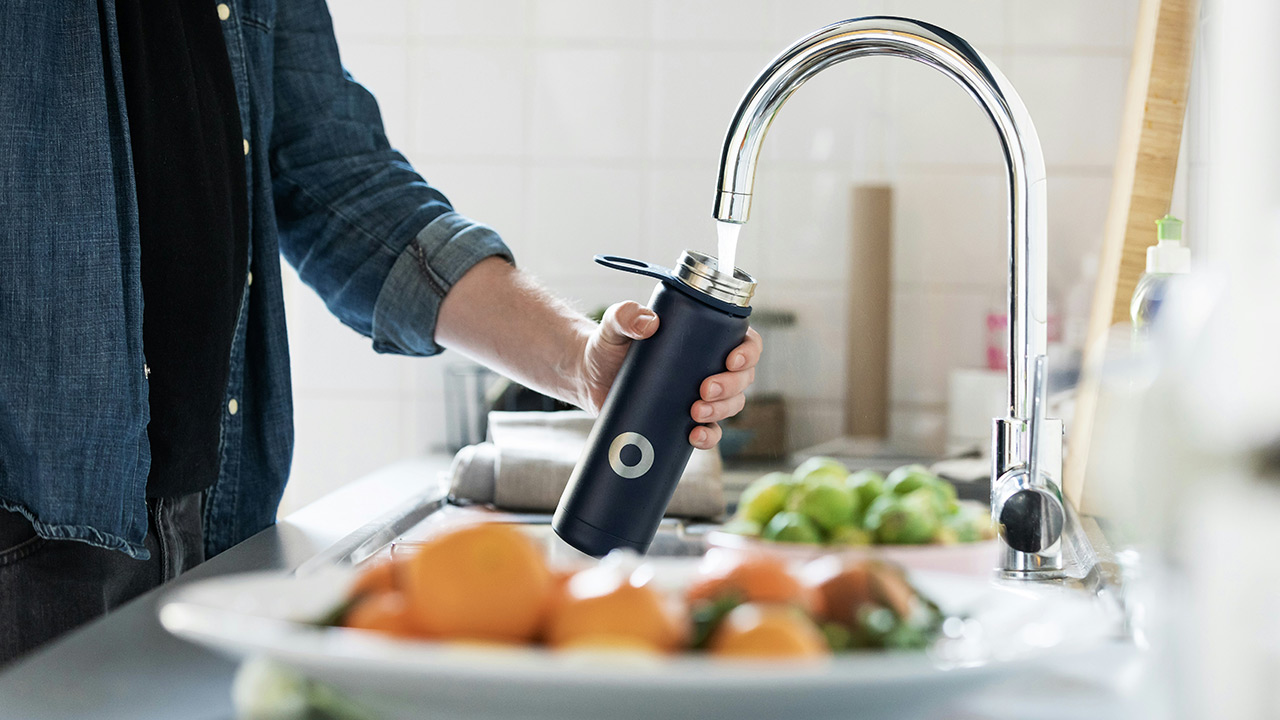The 3-Day Water Fast: Dive In, But Watch Your Step

Hey Angels and Alphas,
By now, you’ve probably heard about the 3-day water fast, as it has been a hard-to-ignore topic on social media. But are you thinking about ditching food for three days and living on water alone?
The practice of fasting spans centuries, embedded deeply within the fabric of various cultures and religions as a means for spiritual purification, mental discipline, and physical rejuvenation.
Among numerous fasting methodologies, the 3-day water fast has emerged as a popular choice for those seeking to detoxify their body, initiate weight loss, and potentially harness a myriad of health benefits attributed to this practice.
This article will delve into the essence of the 3-day water fast, exploring its potential advantages, inherent risks, and providing guidelines to undertake this challenge in a manner that prioritizes safety and well-being.
Let’s get right into it!
Understanding the 3-Day Water Fast
At its core, a 3-day water fast requires an individual to abstain from consuming any food or beverages other than water for a duration of 72 hours. This period of dietary abstinence is believed to trigger several physiological processes, including autophagy, a natural mechanism through which the body purges damaged cells, facilitating the regeneration of newer, healthier cells.
Potential Benefits Explored
Engaging in a 3-day water fast can be an enlightening experience, offering benefits that range from weight loss due to caloric restriction to improved insulin sensitivity, which is crucial for maintaining optimal blood sugar levels and preventing type 2 diabetes. The process of autophagy, stimulated by fasting, plays a pivotal role in cellular repair and detoxification, potentially reducing the risk of certain diseases. Moreover, individuals often report experiencing enhanced mental clarity and emotional well-being, alongside a reduction in inflammation markers, which are implicated in numerous chronic conditions.
Navigating the Risks (and there are many)
Despite its potential benefits, the 3-day water fast is not devoid of risks. Prolonged fasting without adequate preparation can lead to nutrient deficiencies and electrolyte imbalances, endangering heart and muscle function.
Certain populations, including individuals with diabetes, pregnant women, those with a history of eating disorders, and children, face heightened risks and should only consider fasting under medical supervision. Furthermore, the potential for rapid weight regain post-fast underscores the necessity for mindful dietary management.
How to Approach a 3-Day Water Fast Safely
To embark on a 3-day water fast safely, preparation is key.
Gradually reducing intake of caffeine, sugar, and processed foods can mitigate withdrawal symptoms. Maintaining hydration with 2-3 liters of water daily is essential for managing hunger and supporting the body’s detoxification processes.
Participants should prioritize rest, avoid strenuous activities, and plan for a gradual reintroduction of foods post-fast, starting with easily digestible items to ease the digestive system back into normal function.
Above all, consulting a healthcare professional before commencing a fast is imperative, ensuring the fast is conducted in a manner that aligns with individual health needs and conditions.
The bottom line is…
The 3-day water fast presents an opportunity for physical and mental reset, offering a pathway to potential health benefits underpinned by a tradition of fasting. However, it necessitates a mindful approach, underscored by preparation, moderation, and professional guidance.
For those seeking to explore the transformative potential of fasting, the 3-day water fast can serve as a profound, albeit challenging, journey towards achieving a healthier lifestyle, provided it is approached with caution and respect for the body’s limits and needs.





